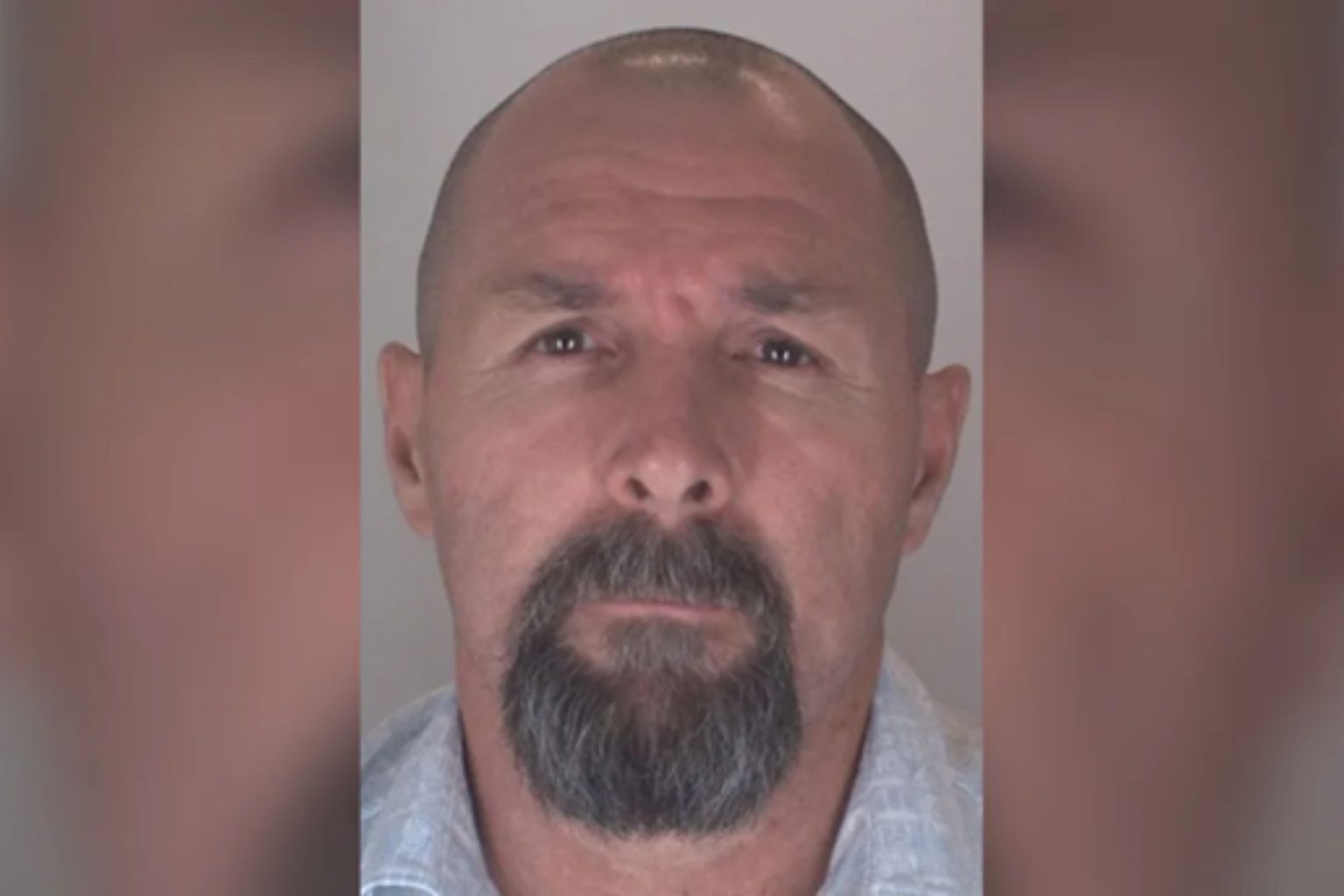In a significant prisoner swap between Russia and the West, the largest since the Cold War, the U.S. and several allies agreed to exchange eight Russian detainees for American journalist Evan Gershkovich and two other Americans, along with numerous Russian dissidents held in Russian prisons. Among the high-profile detainees being turned over to Russia in the swap are an assassin, a pair of sleeper agents, and a hacker linked to targeting the Hillary Clinton campaign in 2016. Russian President Vladimir Putin had previously suggested that Russia would be willing to release Gershkovich if certain Russian detainees, including assassin Vadim Krasikov, were included in the exchange.
Vadim Krasikov, a Russian intelligence agent convicted of assassinating Chechen rebel Zelimkhan Kangoshvili in Germany, had been serving a life sentence in a German prison. His release was deemed crucial to the larger swap, and Putin’s wish to release Gershkovich has now been fulfilled. Krasikov is also believed to be responsible for at least two other killings in Moscow and Karelia. Additionally, Russian couple Artem and Anna Dultsev, posing as Argentine citizens and working as sleeper agents in Slovenia, were part of the exchange. Journalist Pavel Rubtsov, accused of spying for Russian intelligence, was also involved in the swap.
Another significant detainee involved in the swap is Roman Seleznev, the son of a Russian parliament member described as “one of the most prolific credit-card thieves in history.” Seleznev was found guilty of fraud, computer hacking, possession of illegally obtained credit cards, and theft of personal data. He was sentenced to 27 years for his involvement in a hacking scheme that caused at least $170 million in damages by stealing customer credit card details in the U.S. Russian businessman Vladislav Klyushin, who was convicted of hacking into multiple companies for insider trading, was also part of the exchange.
Mikhail Mikushin, arrested in Norway for spying for Russia’s GRU, and Vadim Konoshchenok, accused of smuggling goods including ammunition and electronics from the U.S. to Russia for the war in Ukraine, were included in the swap. Alexander Vinnik, indicted by a U.S. court on charges ranging from identity theft to money laundering, was also part of the exchange. Moscow has requested his extradition for allegedly laundering over $4 billion through a Bitcoin exchange. Vinnik’s lawyer suggested that he was the subject of political negotiations for a prisoner swap with Russia at high government levels. Newsweek is committed to challenging conventional wisdom and finding connections in the search for common ground.








